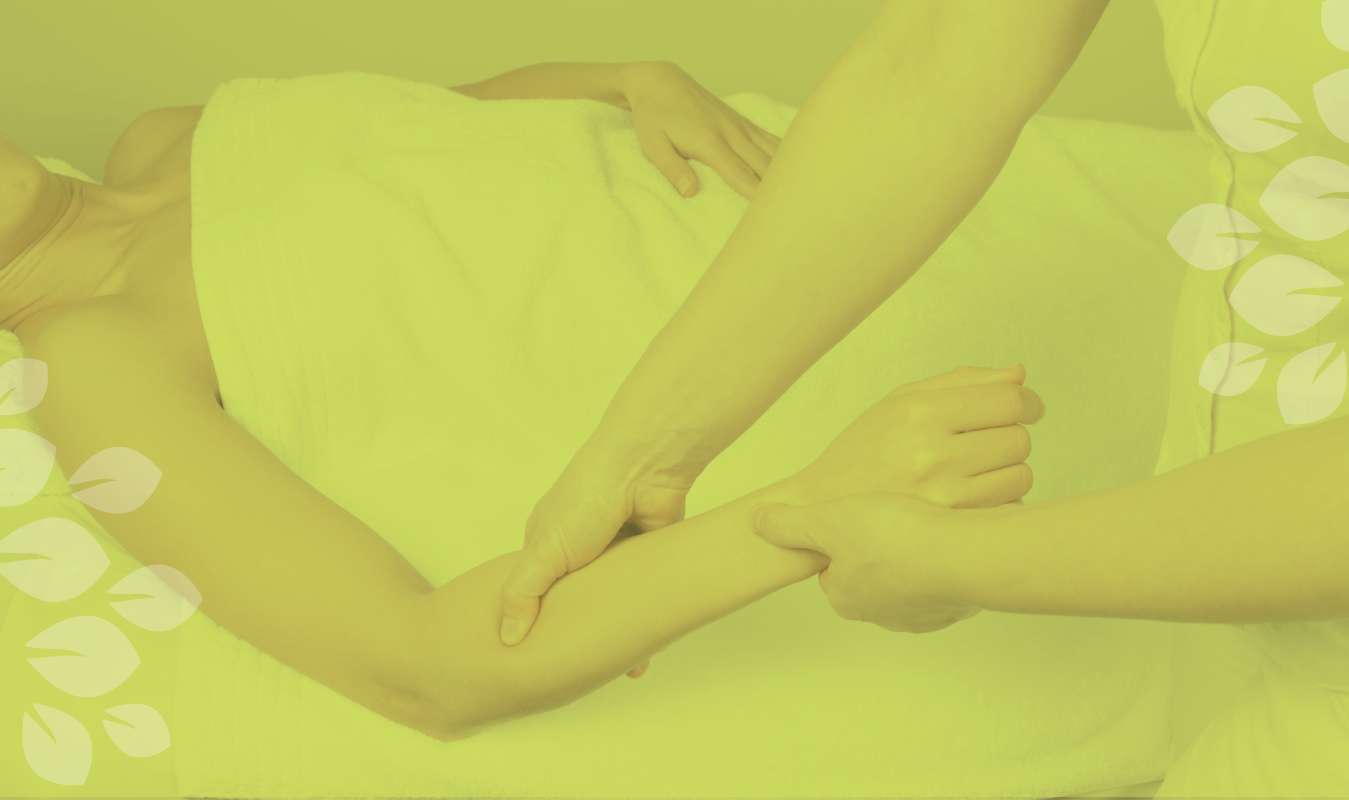05 Jul Osteopathy Getting Older
HELPING YOU KEEP HEALTHY IN LATER LIFE
Everybody gets grey hair and wrinkles as they get older. In the same way, it is normal for our muscles, bones, joints and associated tissues to change as we age.
Ageing does not necessarily mean that we will experience increased pain or stiffness. However, if this does become a problem, people often find that treatment and advice from an osteopath can
complement GP care and pharmaceutical products.
If you do begin to notice problems, your osteopath can work with you to keep you healthier, allowing you to enjoy the pleasures of life into your older years.
HOW CAN YOUR OSTEOPATH HELP?
You don’t have to put up with aches and pains simply because you are getting older. In fact, many people find it helpful to talk to an osteopath about ways of keeping active, preventing common problems such as falls and managing conditions such as osteoarthritis, rheumatic pain and osteoporosis.
Osteopathic care is based on the individual needs of the patient and so varies depending on your age, fitness levels and diagnosis. Osteopaths use a wide range of gentle hands on techniques that focus on releasing tension, stretching muscles and mobilising joints.
This is often used together with exercise and helpful advice designed to help you manage your pain, keep active and maintain the best of health.
You do not need to consult your GP before you visit an osteopath, although you may wish to do so.
ADVICE AS YOU GET OLDER
Although aches and pains may be a common element of ageing, they don’t have to get in the way of your lifestyle. Here are some healthy tips to keep you active:
- 150 minutes of exercise per week, in blocks of ten minutes or more (enough to make you warmer and breathe harder, whilst still being able to have a conversation) can help reduce the risk of circulation problems and It can also help to improve your mood and levels of confidence. This might include activities such as dancing or brisk walking.
- Make sure you eat a healthy, varied
- Doing some form of balance exercises twice a week (for example, Tai Chi) is also recommend as you get older to help reduce the risk of falling, particularly
if you are over the age of 65. Try and also include exercises that strengthen your arms, legs and body.
- The use of trainers or similar footwear can help absorb shocks and take the pressure off your knees, hips and spine when walking for longer
- A short rest can help recover energy for the remainder of the day’s
ABOUT OSTEOPATHS
Osteopaths are highly trained, healthcare professionals who are experts in the musculoskeletal system (joints, muscles and associated tissues) and its relationship to other systems of the body.
In the UK, the osteopathic profession is regulated by the General Osteopathic Council and osteopaths are trained to degree level, taking a minimum of four years, including over 1000 hours of contact time with patients at undergraduate level, to attain either a Batchelor of Science (BSc) or integrated Masters (MOst).
By law, to practice, an osteopath must first register with the General Osteopathic Council. To maintain registration, they must comply with strict regulatory requirements and high standards of professional practice as well as maintaining a portfolio of their continuing professional development. This gives patients the same sort of guarantees and protection as those given by doctors and dentists.
Osteopaths are also recognised as Allied
Health Professionals and play a critical role in the diagnosis, treatment and care of people of all ages.


